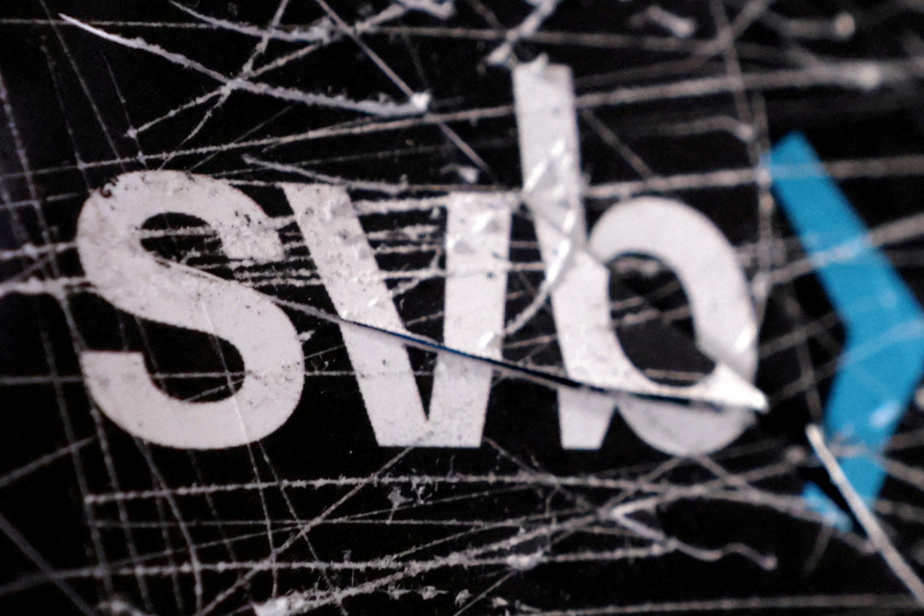(Toronto) Members of Canada’s tech sector say they fear the collapse of Silicon Valley Bank (SVB) will have a chilling effect on investment in their industry.
According to Communitech CEO Chris Albinson, Canadian companies that haven’t even done business with SVB will feel the effects of its collapse, especially when raising funds.
He has already seen a Canadian company with no ties to SVB lose an investor who was scared off by the bank’s collapse and decided not to stretch any money to new ventures. The Canadian company ended up laying off half of its staff.
Albinson estimates that 120 of the 1,200 founders at his Waterloo, Ont., innovator center have been affected by the bank’s downfall, and many are worried about how they will cover short-term salaries.
The CEO of the Canadian Council of Innovators is equally worried about a chilling environment for venture capital funding, which could go “from bad to worse” due to the closure of the SVB.
Benjamin Bergen believes the bank’s collapse is likely to limit the pool of capital companies can potentially access.
